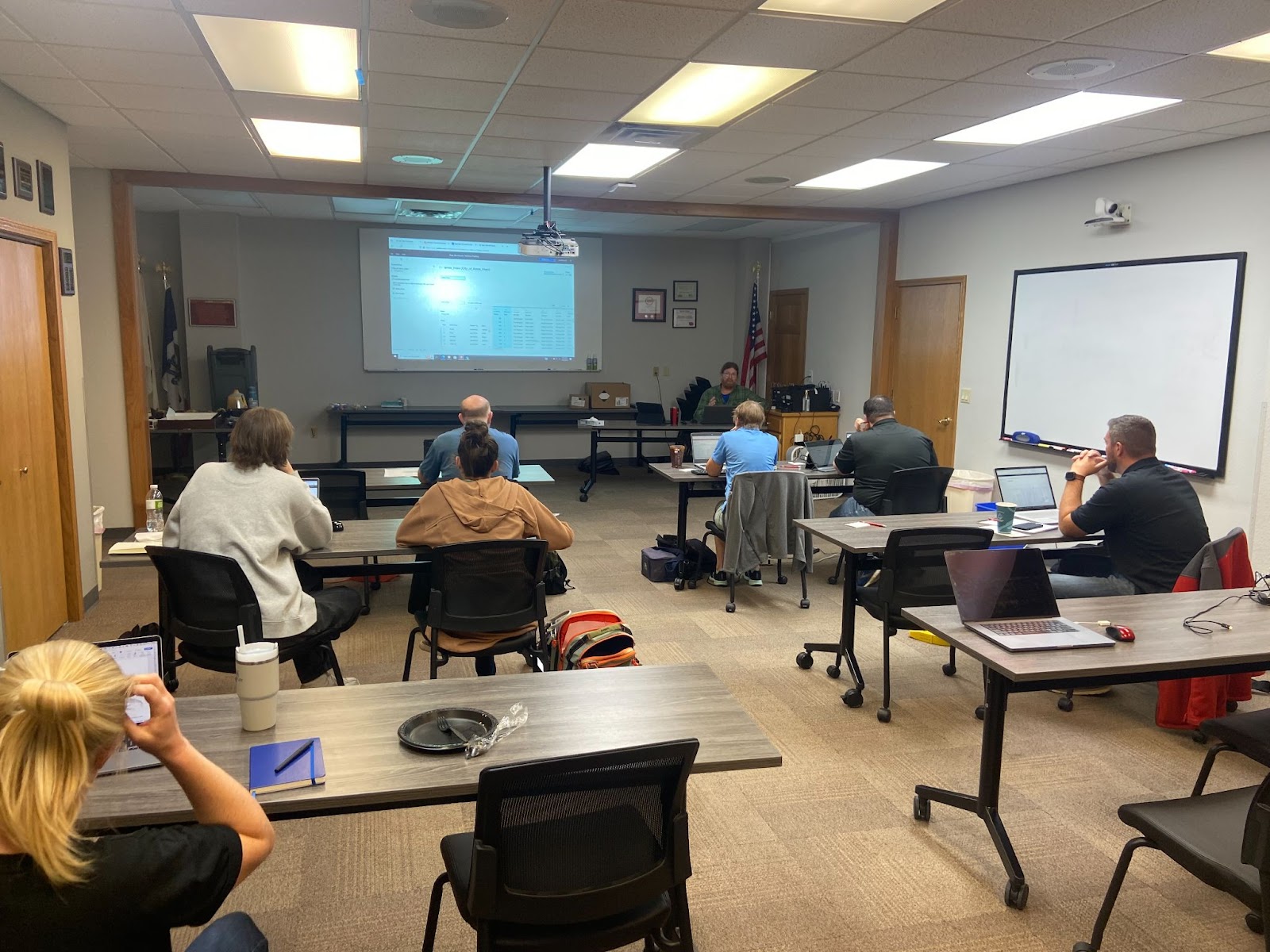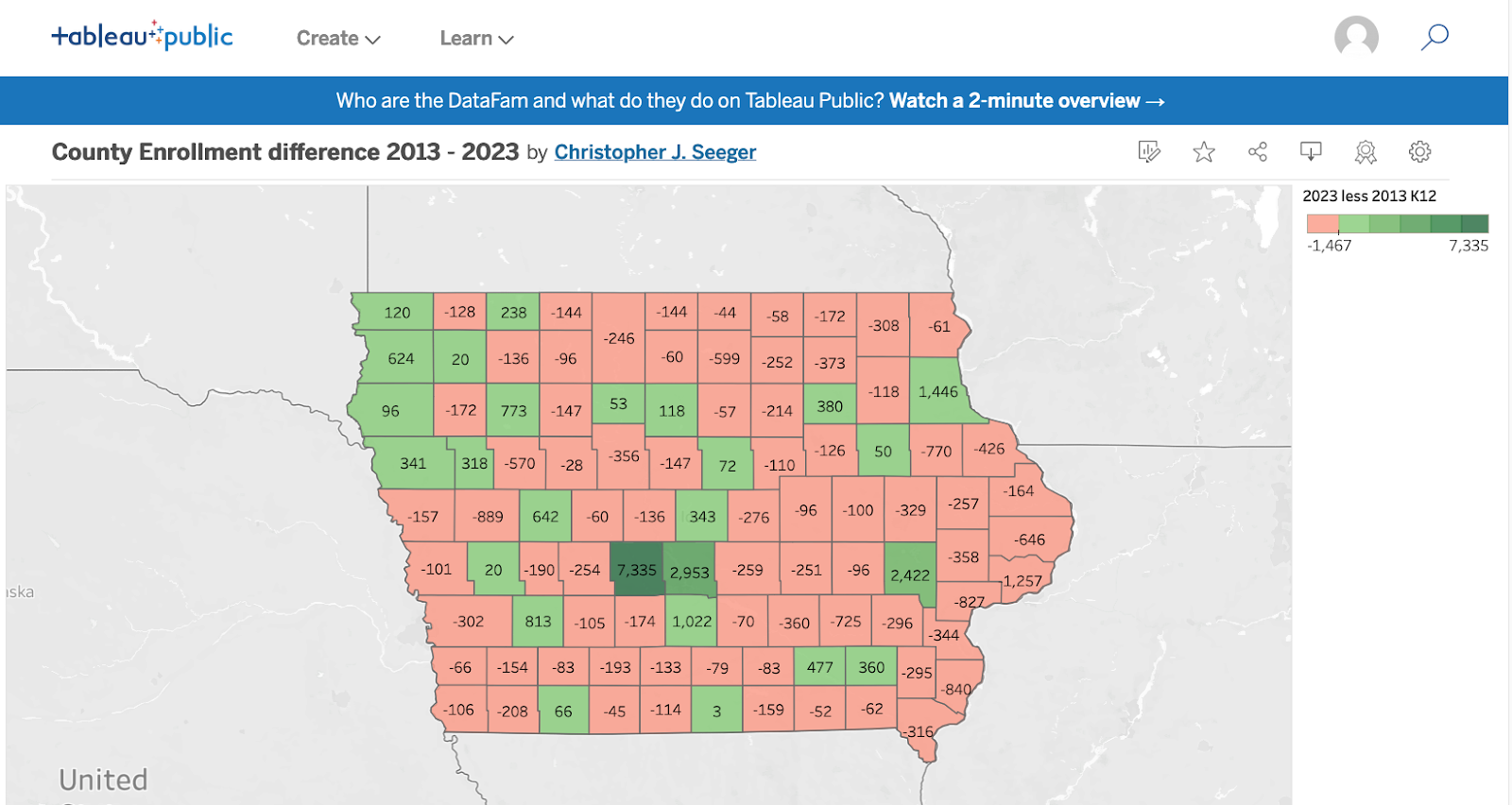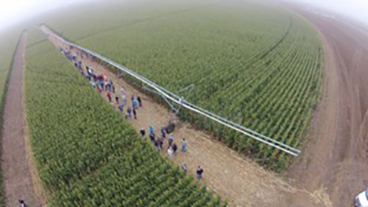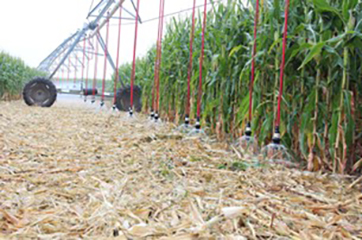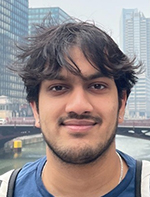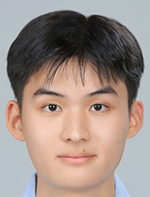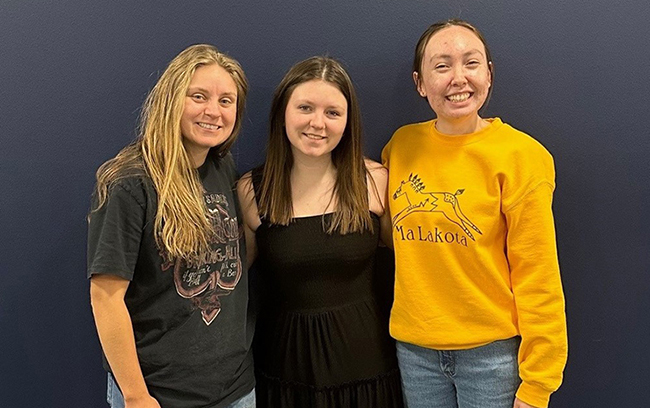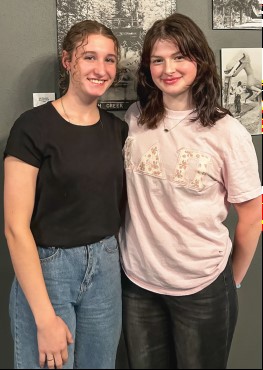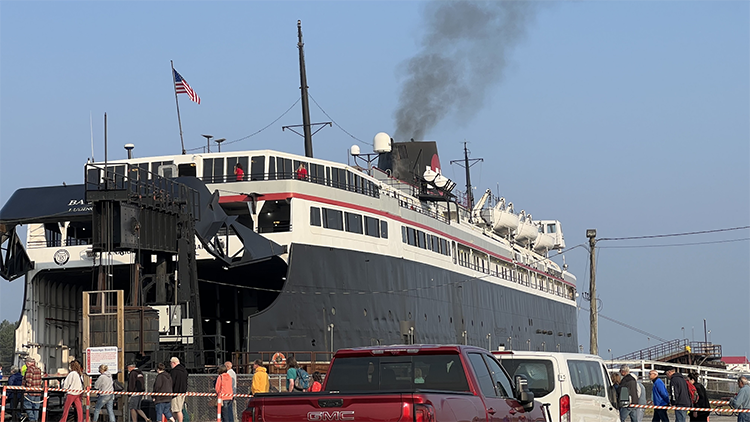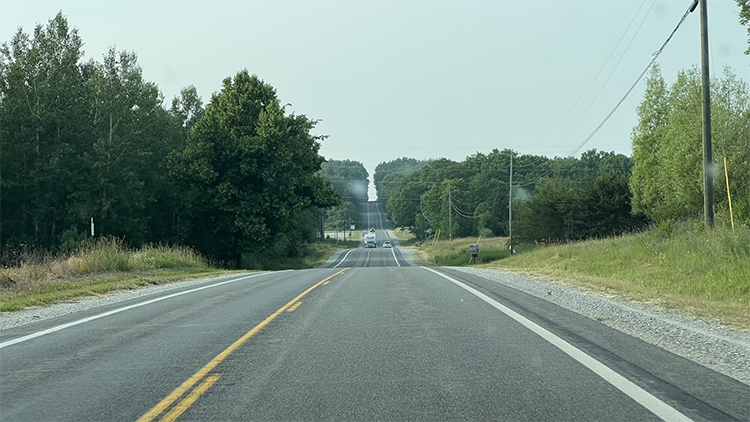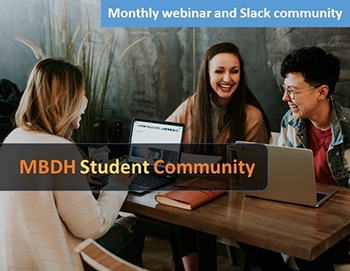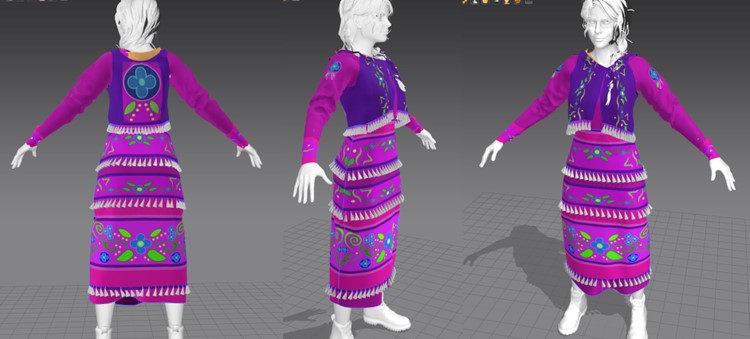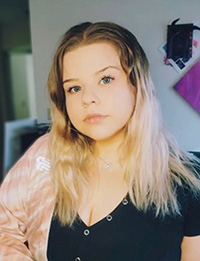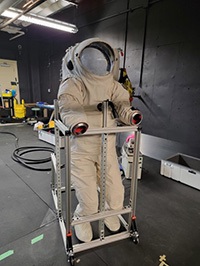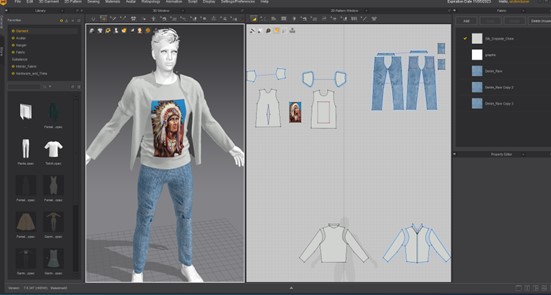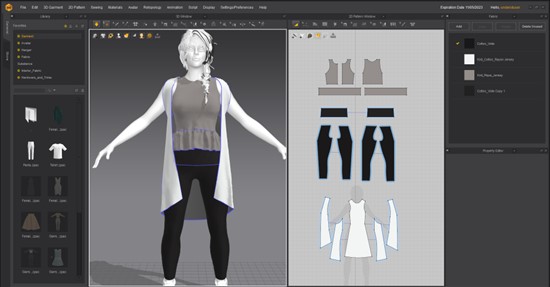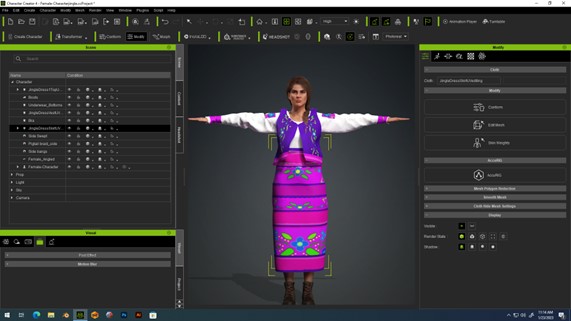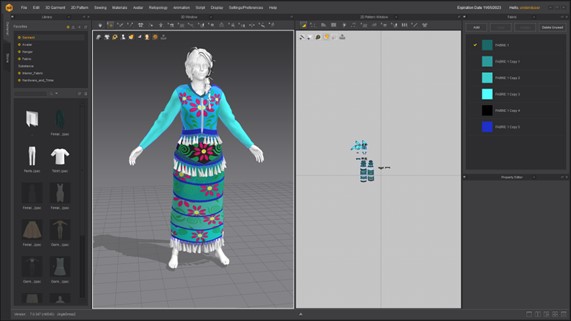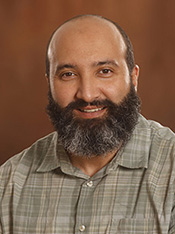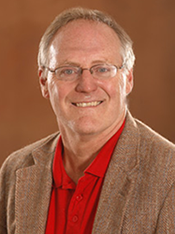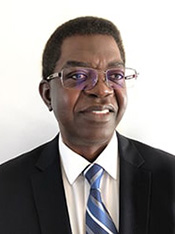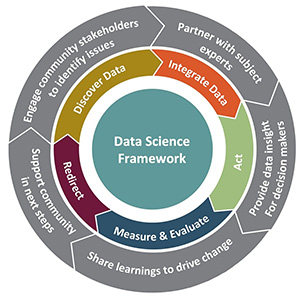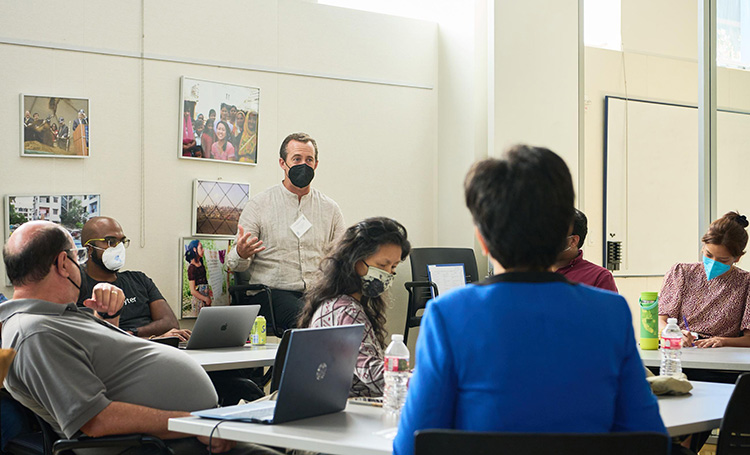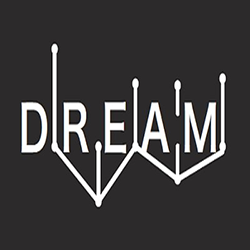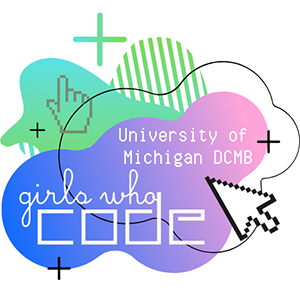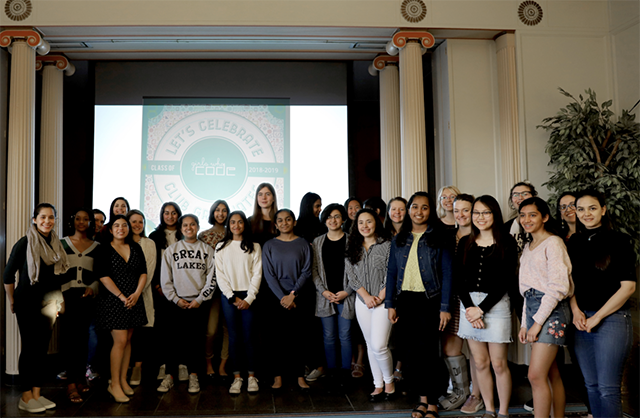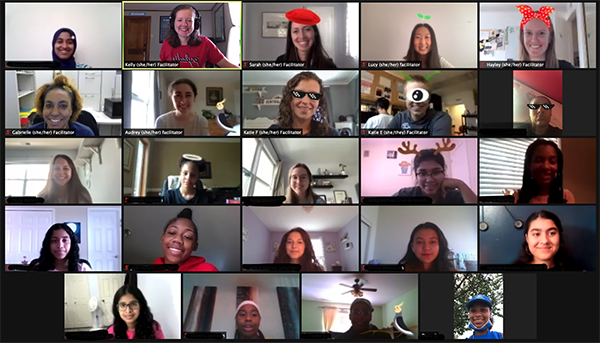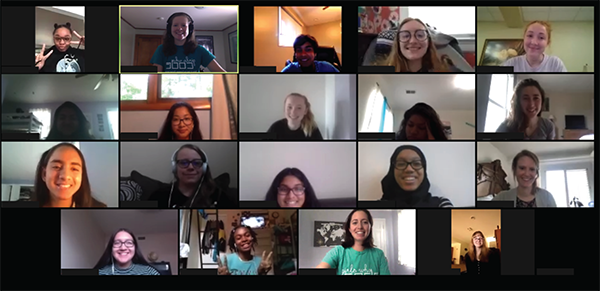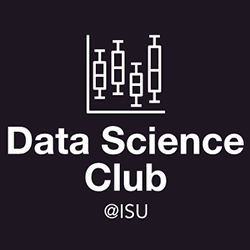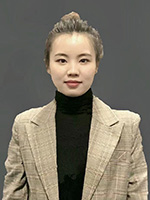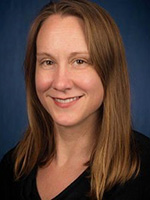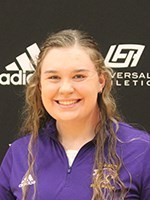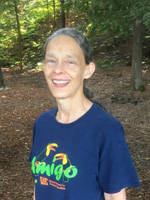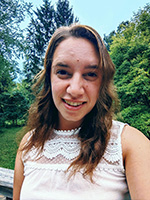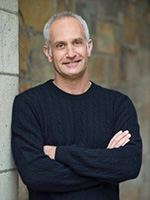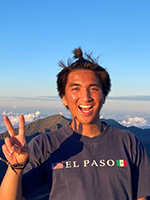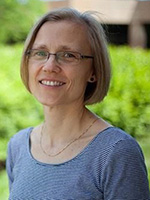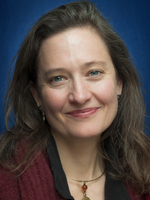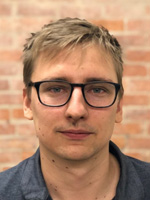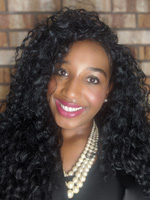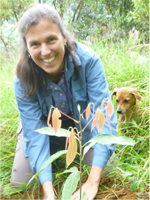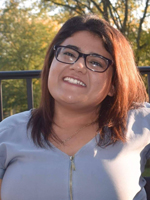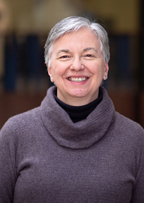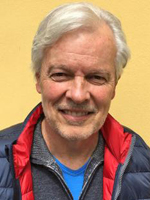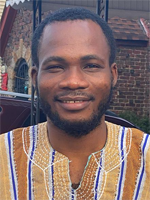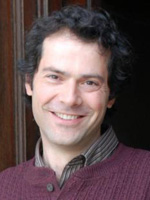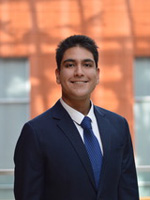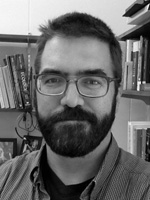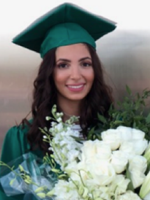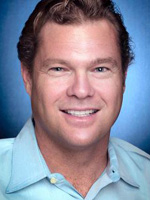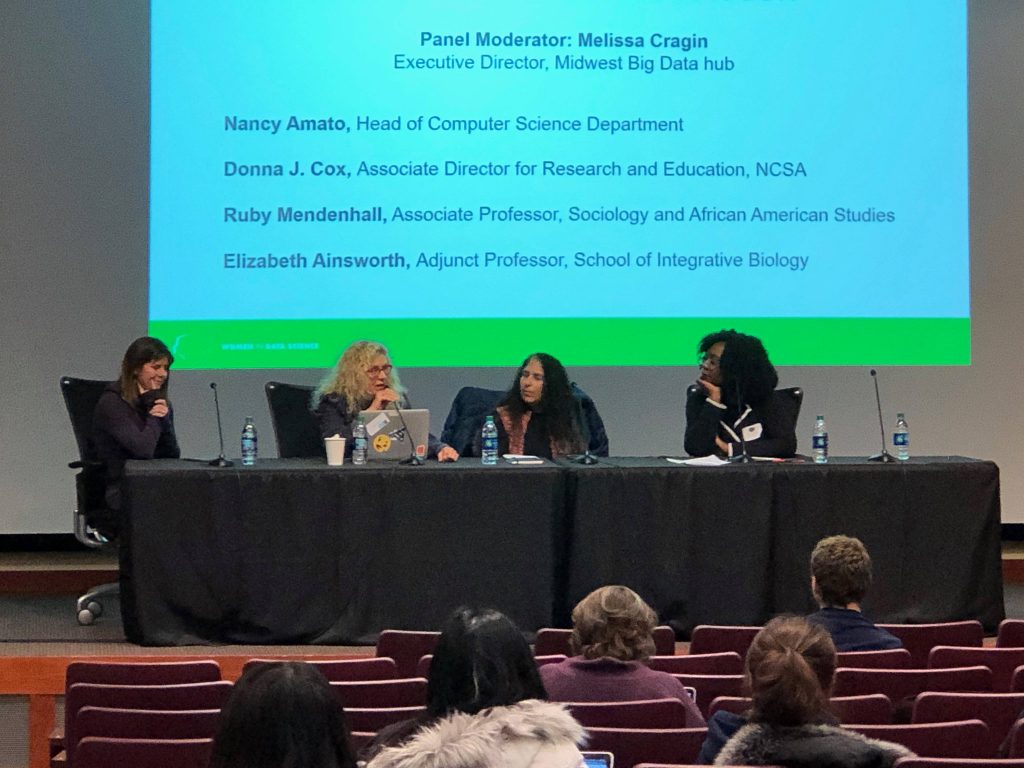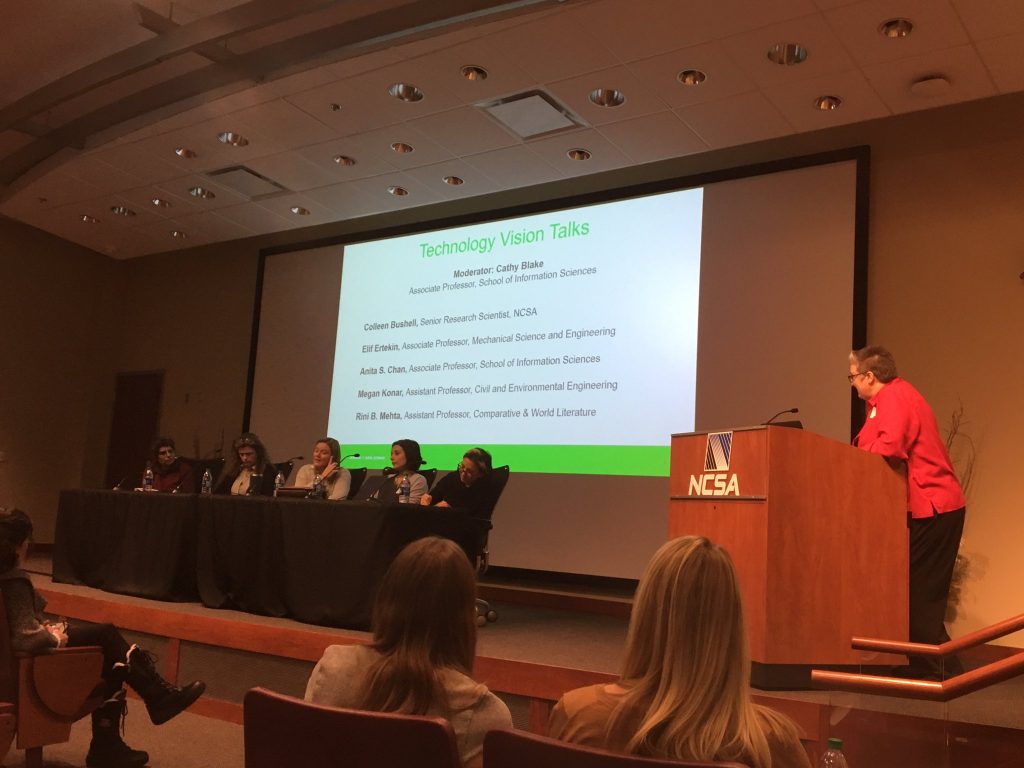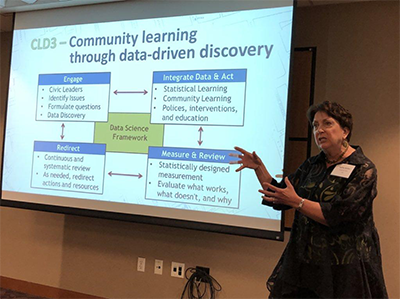By Francie Fink
This story is part of a series on partnerships developed by the Midwest Big Data Innovation Hub with institutions across the Midwest through the Community Development and Engagement (CDE) Program.
Water is one of our most vital resources, yet managing it has long been hindered by technological barriers. This and more makes hydrology, the study of water, a complex field. Local decision-makers need real-time insights for urban planning, flood response, and water-quality monitoring. But what happens when that data is locked behind paywalls or buried within separate research groups?
Imagine a hurricane slams into a city—think Hurricane Harvey in 2017, when 70% of Harris County, Texas was under at least 1.5 feet of water. Emergency teams scramble to get families to safety. In the aftermath, they need to assess flood damage. But without centralized, accessible data, response efforts are delayed and residents are left waiting for warnings that come too late. The consequences of inaccessible water data—whether in flood or drought—can be severe.
Though water is abundant, it’s not always easily accessible. Water supplies aren’t always resilient. Running water can carry harmful chemicals across long distances and threaten the health of vulnerable communities. Flood-related disasters have increased over 130% in the past 25 years and the frequency and intensity of droughts have ironically followed suit—up 29% over the past quarter decade.
Hydrology is also a field built on high-quality data. For example, remote sensors and river gauges track water levels. Or maybe you’ve seen how satellite imagery can almost instantaneously tell us about the turbidity, temperature, and rate of sedimentation of a body of moving water. But while data collection has evolved, access and analysis have lagged behind. Researchers and water-management professionals still face high barriers to creating predictive models and management strategies—specialized software, costly licenses, and fragmented datasets.
When a meteorologist talks about a flood warning, you don’t necessarily think about the complex system of models, sensors, and data streams behind that forecast. The raw data, like the water level of a given lake during different times of year or the flow rate of a tributary, is one part of hydrological analysis. The software and tools to integrate this data, in its many forms, is another part of the puzzle.
For too long, specialized and expensive software had made hydrological research a field with high barriers to entry. Enter HydroSuite, an open-source, browser-based tool that levels the playing field. No pricey installations, no exclusive paywalls—just a powerful, web-based platform where anyone with an internet connection can access, analyze, and visualize complex hydrological data.
Dr. Ibrahim Demir is the Michael A. Fitts Presidential Chair in Environmental Informatics and Artificial Intelligence at Tulane University and focuses on hydroinformatics research. Created by Demir and his hydroinformatics team at the University of Iowa when he was an Associate Professor with the College of Engineering, HydroSuite isn’t just another piece of software. It’s a research tool, a computation library, and a community-supported hydrological tool builder.
The platform allows easy access to real-time data, computational tools, and a collaborative space where researchers, planners, and students can model water systems, test scenarios, and share insights. A researcher might use HydroSuite as a sandbox for modeling water-management scenarios. Or, a planner might predict the impact of a particularly intense storm on a local river. They could input historical data, model and predict, and communicate their findings.
Recognizing that software alone isn’t enough, Demir partnered with the Midwest Big Data Innovation Hub (MBDH) in 2024 to supercharge HydroSuite’s impact. Partnering with the Cooperative Institute for Research to Operations in Hydrology (CIROH), Clemson University, and the Consortium of Universities for the Advancement of Hydrologic Science, Inc. (CUAHSI), the team organized several workshops expanding HydroSuite’s capabilities, training new users, and fostering a growing community of hydrology innovators.
The rollout wasn’t just about building better technology—it was about getting it into the hands of those who need it. The University of Iowa team analyzed existing hydrology tools, integrated new data sources, and adapted HydroSuite to fill critical gaps. But awareness was key. So, they got to work: developing interactive tutorials on GitHub, hosting workshops, and participating in a hackathon to push HydroSuite’s capabilities to the limit.
Beginning with a review of gaps in existing hydrological analysis technologies, the team integrated new data sources into existing HydroSuite libraries. Next, the team set out to make HydroSuite known to its target users. Demir, graduate student Carlos Erazo Ramirez, and his team built out educational materials to accompany the enhanced HydroSuite library: interactive step-by-step tutorials on specific tools such as HydroLang, HydroCompute, and HydroRTC available to all on GitHub and explanations of each library of resources. They then engaged communities of users.
In May 2024, Demir and graduate student Carlos Erazo Ramirez introduced HydroSuite at the annual Developers Conference hosted by CIROH in Salt Lake City. Their workshop, attended by 35 academics and professionals, showcased HydroSuite’s real-world applications, its open-source nature, and its potential to transform water management.
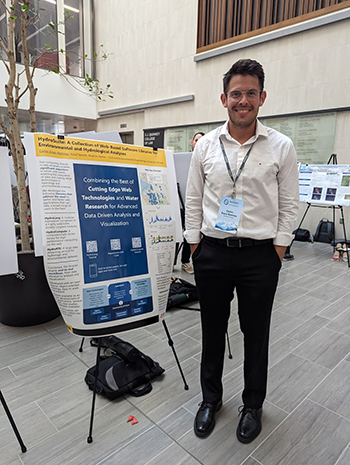
Building on that momentum, the team helped with an even bigger event: WaterSoftHack, a summer 2024 cybertraining program led by Clemson University, for hydrologists. This two-week virtual training drew 130 undergraduate and graduate students, postgrads, and researchers from around the world, immersing them in HydroSuite’s analytical tools. Student researchers from Florida State, Arizona State, Illinois State, Colorado School of Mines, Purdue, and numerous other universities joined online. Participants explored key components of the HydroSuite ecosystem—then, put their skills to the test in a hackathon. The same students used HydroSuite tools to identify innovative solutions to complex hydrological challenges with real-world impact.
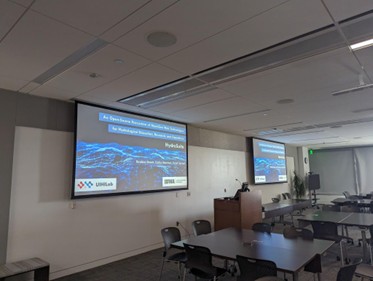
“HydroSuite has been a game changer for hydrology students and researchers,” said Demir. “By providing access to powerful, open-source tools, we’ve opened up new opportunities for students to engage in cutting-edge research and tackle real-world challenges. The feedback from students has been overwhelmingly positive—they’ve told us that HydroSuite has not only enhanced their technical skills but also inspired them to pursue innovative solutions in water management.”
By the end of the program, HydroSuite had evolved into a polished, user-friendly platform, backed by a robust network of researchers and practitioners. Today, civil engineering and hydrology departments nationwide have access to HydroSuite, helping students and professionals alike conduct advanced data analysis—all within a web browser.
The work doesn’t stop there. Ramirez and Demir, along with researcher Yusuf Sermet, published a peer-reviewed paper in April 2024 on HydroCompute. The team has ambitious plans for 2025 with the new funding from the NSF Pathways to Enable Open-Source Ecosystems (POSE) program: build an open-source ecosystem and community around HydroSuite; expand the library with support from the community, incorporating user feedback; and create new educational resources.
As we are able to gather more and better data about our watersheds and water systems, we also are faced with the need to process that data. HydroSuite makes “big data” more tangible. It’s enabled a more seamless roadmap from research to environmental protection and policy design. But most importantly, it’s inspired a community of data sharing and transparency.
Learn More/Get Involved
Visit the HydroSuite site for a description of its contents, an introduction to the open source softwares, references, and more. Learn more about other Community Development and Engagement projects we’ve supported. The Midwest Big Data Innovation Hub is an NSF-funded partnership of the University of Illinois at Urbana-Champaign, Indiana University, Iowa State University, the University of Michigan, the University of Minnesota, and the University of North Dakota, and is focused on developing collaborations in the 12-state Midwest region. Learn more about the national NSF Big Data Hubs community.

